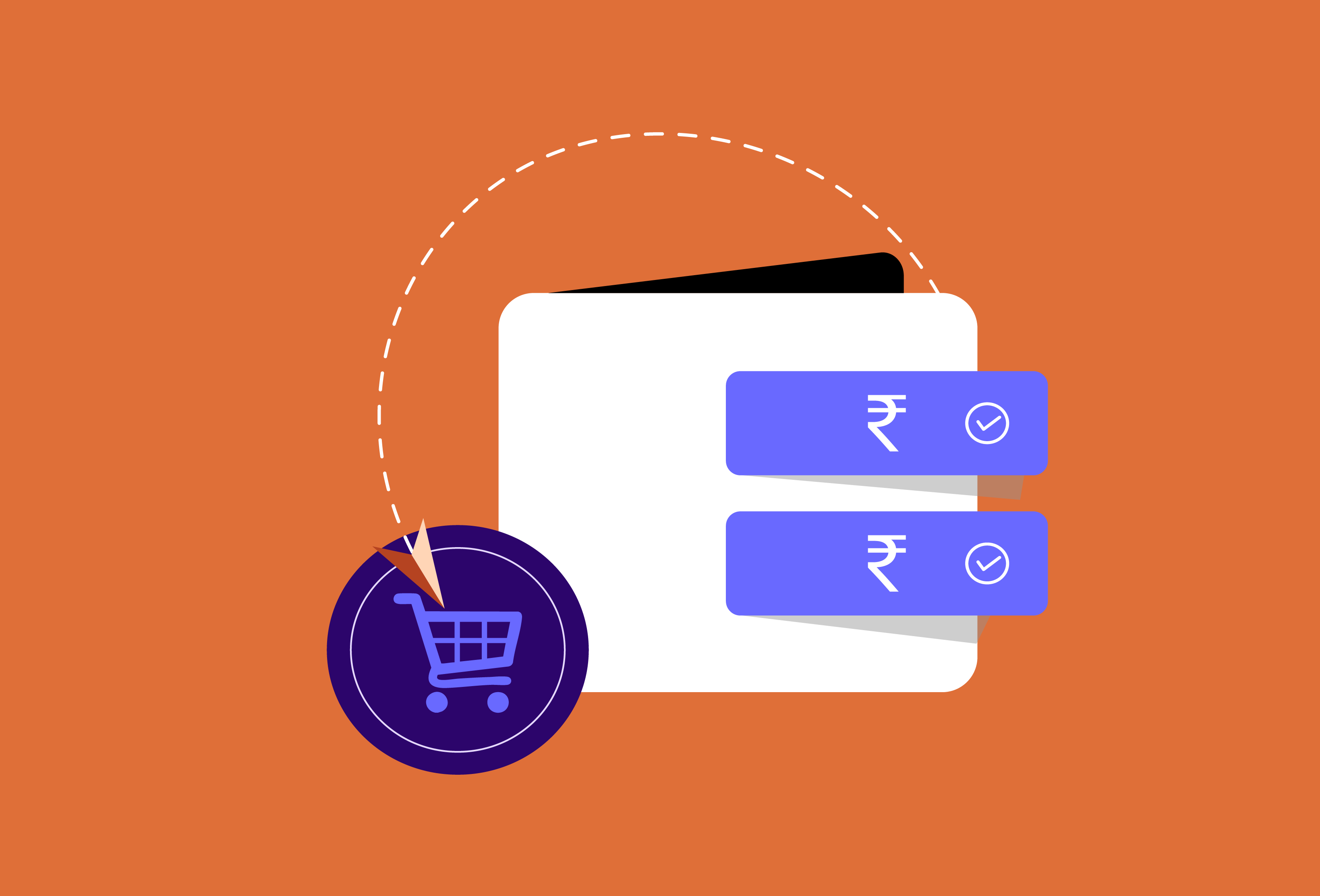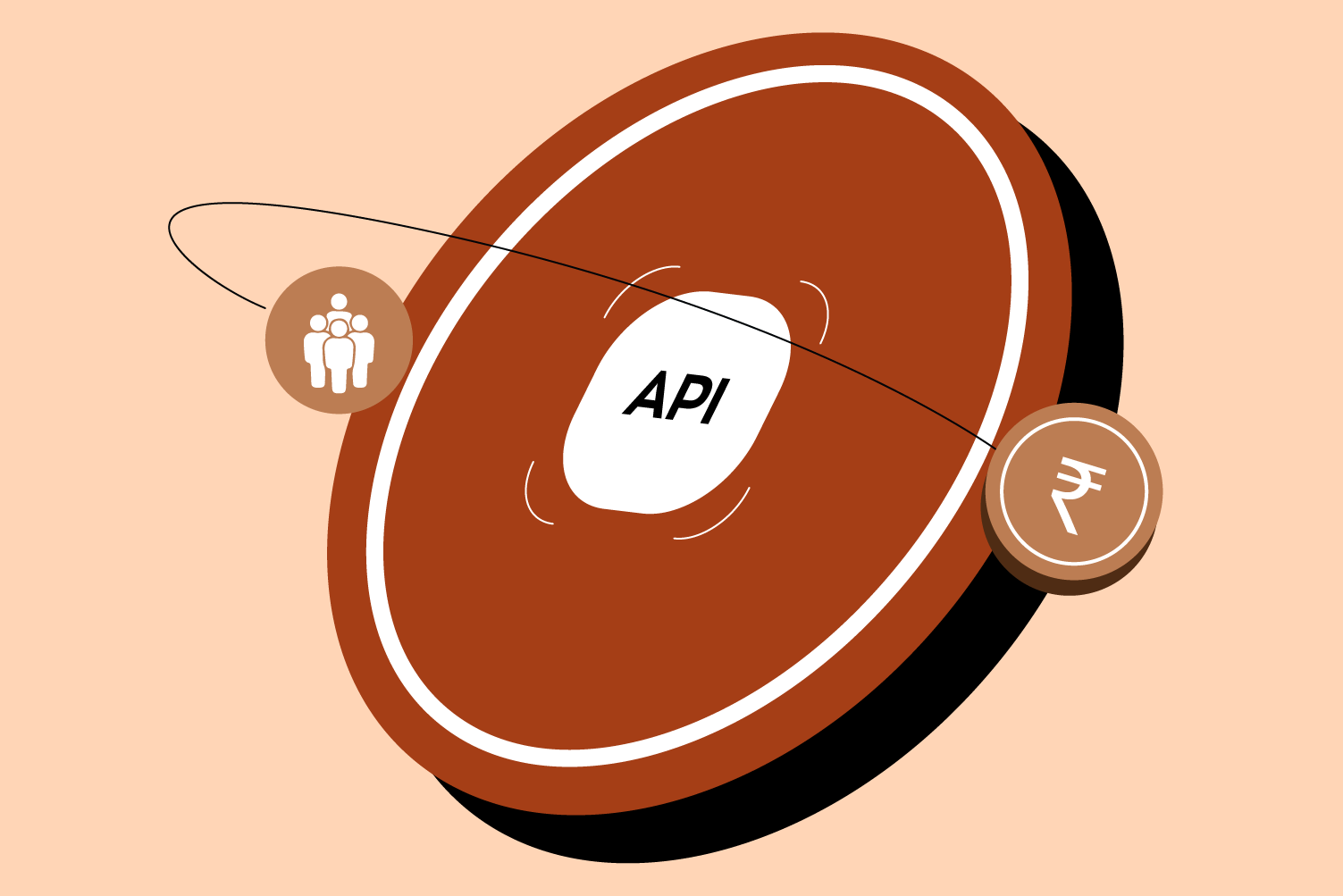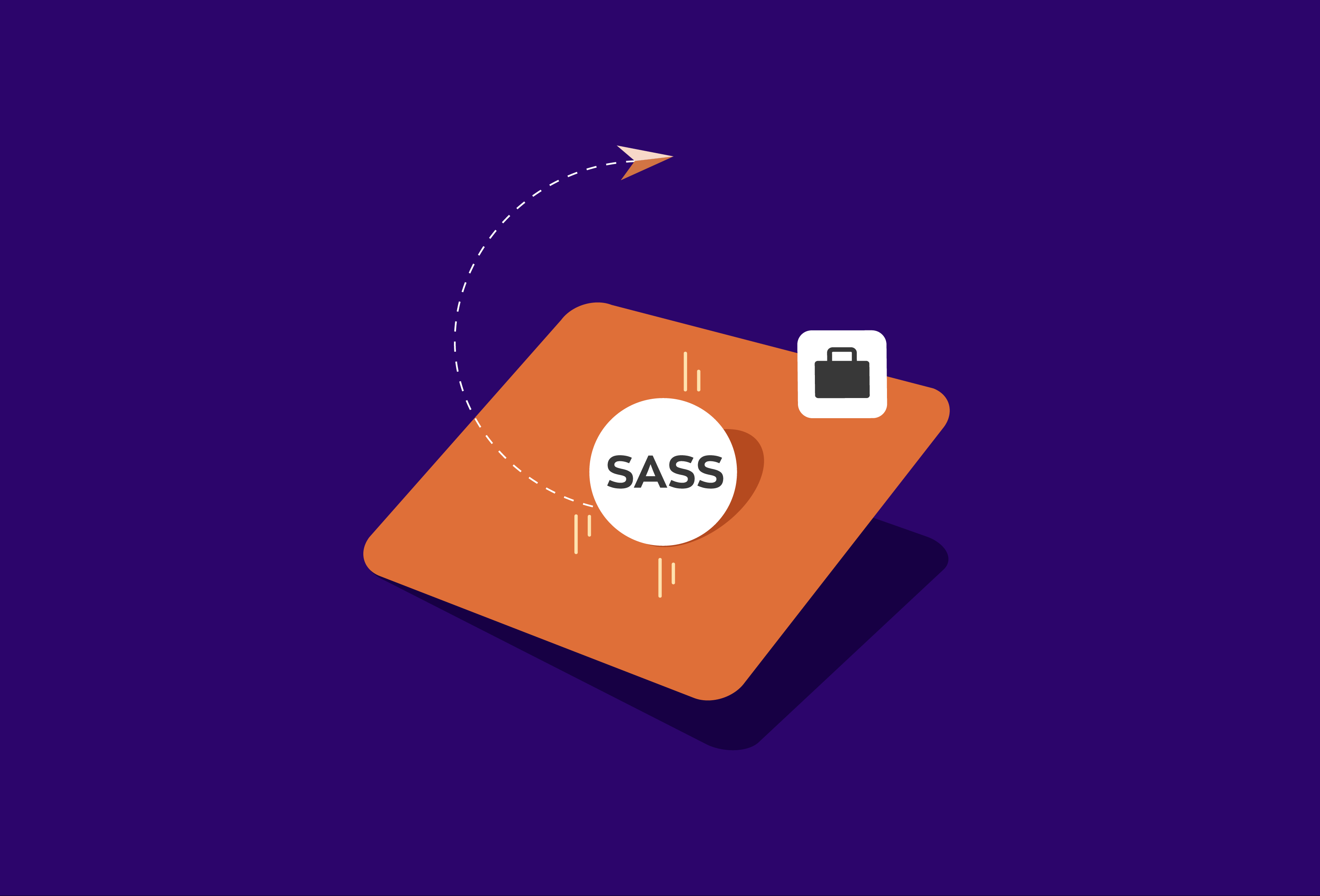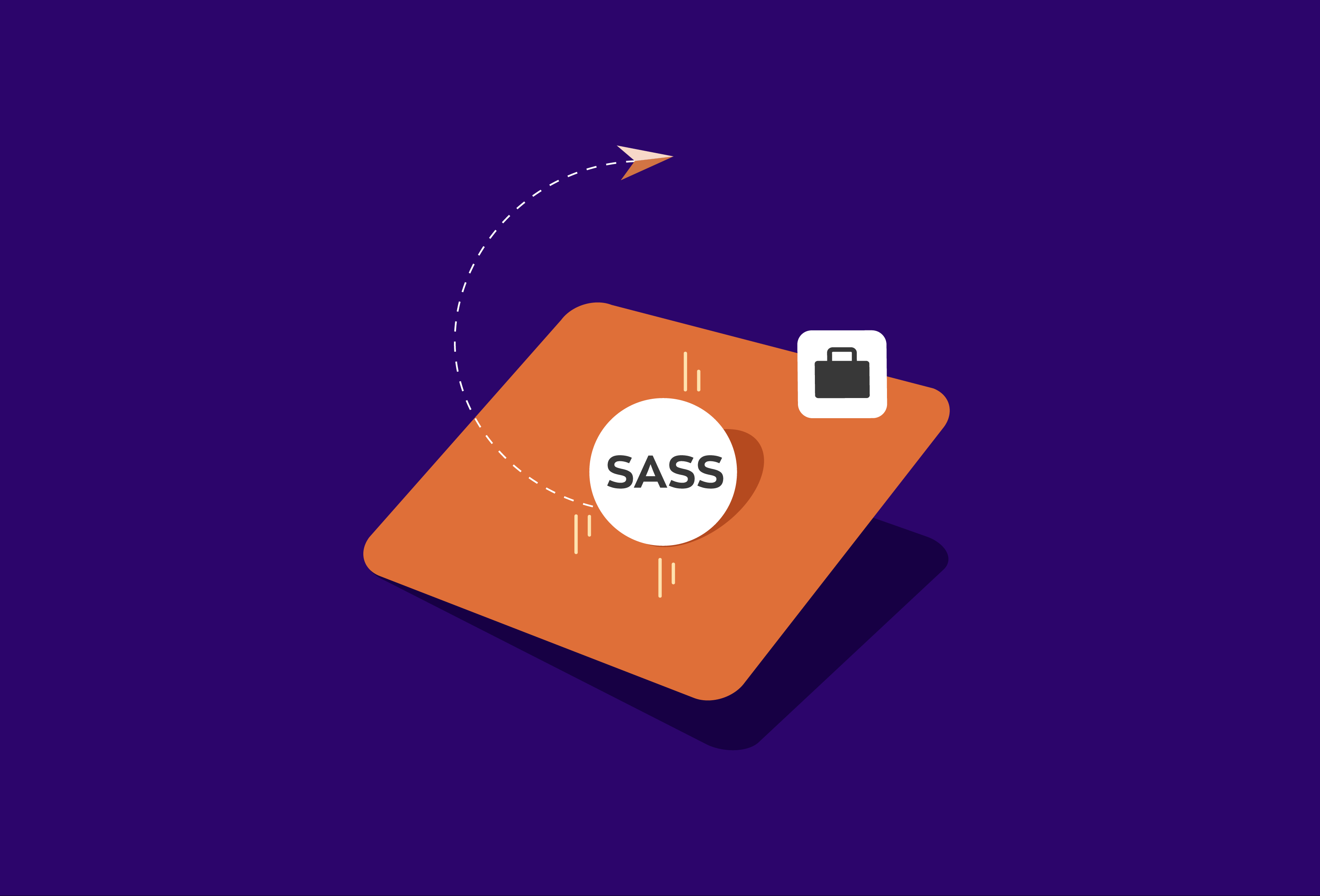The travel and hospitality industry has always been shaped by scale. A single hotel chain may handle thousands of bookings each day, while an online travel agency could process hundreds of flight reservations in a matter of minutes during peak seasons. This level of activity makes payment systems one of the most crucial parts of the business. Travelers expect seamless, secure, and quick transactions whether they are booking a room online, paying for a flight upgrade, or requesting a refund. For businesses, delays or failures in processing can quickly lead to customer dissatisfaction and revenue loss.
This is where global payment solutions play a vital role. They allow businesses in travel and hospitality to handle large volumes of transactions smoothly, support multiple currencies, and safeguard against fraud while ensuring an effortless customer experience.
Understanding High-Volume Transactions in Travel & Hospitality
High-volume transactions in this sector are not limited to the number of payments processed daily. The complexity lies in the diversity of these payments: room bookings, flight tickets, add-on services like meals or airport transfers, and last-minute cancellations.
In India, for example, during festive seasons or long weekends, online travel platforms see a significant spike in bookings. International travelers add another layer of complexity, as payments often involve multiple currencies and different regulations. A reliable payment system must be able to adapt to these variations without disrupting the customer journey.
Modern payment gateway solutions for the travel industry are built to handle this level of complexity. They not only process transactions but also ensure that settlements, refunds, and reconciliations are managed efficiently, even during peak load.
Key Challenges with High-Volume Payments
Handling large-scale transactions comes with several challenges:
- Peak season overloads: During holidays, flash sales, or special promotions, systems can face bottlenecks if not designed to handle sudden spikes in transaction volume.
- Payment failures: A failed transaction not only frustrates customers but can also result in lost revenue. In industries where customer loyalty is fragile, even a small delay can push a traveler to choose a competitor.
- Fraud and security risks: The travel industry is especially prone to fraud, with international card payments often flagged as high-risk. Without robust security, businesses may face chargebacks and financial losses.
- High transaction fees: Multiple small payments across borders can increase processing costs, affecting profit margins for businesses working on tight budgets.
- Refund management: Travel plans are subject to change, and refunds are common. Handling large numbers of refund requests quickly and accurately is often a challenge.
What a High-Volume Payment Gateway Should Offer
To overcome these challenges, travel and hospitality companies must look for specific features when choosing a payment gateway:
- Scalability: The ability to handle thousands of transactions per second without downtime is essential.
- Multi-currency support: For hotels and agencies serving international travelers, supporting payments in multiple currencies ensures customer convenience.
- Fraud detection: Advanced tools such as tokenization, AI-based fraud checks, and PCI DSS compliance help reduce risks.
- Seamless refunds and reconciliations: Refund processes should be automated to minimize delays, while reconciliation tools help finance teams manage high volumes of data.
- Integration with booking systems: Payment gateways must integrate easily with booking engines, hotel management systems, and airline ticketing platforms.
By offering these features, global payment solutions become more than just a transaction tool, they turn into a critical part of delivering reliable customer service.
Benefits of Choosing the Right Payment Gateway
The right system does more than process payments. It directly affects customer satisfaction and business growth:
- Smooth checkout experiences: Quick and reliable transactions reduce drop-offs during booking.
- Lower cart abandonment: Travelers are more likely to complete bookings when payment is simple and trustworthy.
- Faster settlements: Businesses get access to funds quicker, improving cash flow and supporting operational needs.
- Fraud prevention: With strong security, companies reduce chargebacks and protect revenue.
- Global reach: Multi-currency support enables companies to expand their customer base by serving travelers from different regions.
This is why travel and hospitality payment systems global support is becoming a top priority for both established brands and emerging businesses in the sector.
Case Examples in Travel & Hospitality
Consider large hotel chains operating in India and abroad. During the holiday season, these chains experience surges in bookings. Without a scalable payment system, they risk delays that directly affect their reputation. A well-integrated gateway ensures customers can make payments without interruptions, even when demand is high.
Similarly, mid-sized travel agencies that cater to both domestic and international customers benefit from global payment solutions by offering multiple payment methods and currencies. This flexibility allows them to compete with larger players while maintaining customer trust.
Payment Gateway Integration Best Practices
While choosing the right gateway is important, integrating it properly is equally critical:
- Use API-driven solutions: APIs allow smooth integration with booking systems, ensuring real-time transaction updates.
- Focus on mobile-first: With the rise of mobile bookings in India, optimizing payment flows for smartphones is a must.
- Regular monitoring: Businesses should track transaction success rates, failed payments, and fraud attempts through reporting dashboards.
- Staff readiness: Teams managing customer support should be trained to handle queries related to digital payments and refunds.
Following these practices ensures that payment gateway solutions for the travel industry operate at their full potential.
Future of Payment Systems in Travel & Hospitality
The future of travel payments is moving toward faster, more secure, and more customer-friendly systems. Some key trends include:
- Real-time payments: Instant confirmations and refunds will become standard, reducing customer anxiety around cancellations or failed bookings.
- AI-driven fraud detection: Smarter tools will continuously learn from data to predict and prevent fraudulent activities.
- Contactless and biometric options: From check-in at hotels to boarding flights, biometric and contactless payments will enhance customer convenience.
- Deeper global integration: Businesses will increasingly rely on travel and hospitality payment systems’ global support to provide a uniform experience across geographies.
Conclusion
In the travel and hospitality industry, payment systems are no longer just backend tools. They are central to customer experience, revenue assurance, and global business expansion. Choosing the right global payment solutions allows companies to manage high transaction volumes, ensure secure payments, and deliver a frictionless booking journey.
For businesses in India and across the globe, the message is clear: investing in advanced payment gateway solutions for the travel industry is not a cost but a step toward building trust, improving efficiency, and securing long-term growth.










